Reducing boiler fuel consumption is a critical focus for industries aiming to cut operational costs, improve energy efficiency, and reduce environmental impact. With boilers being the heart of many industrial processes, optimizing their fuel usage can lead to significant savings. Below are actionable strategies to help industries achieve this goal.
1. Optimize Combustion Efficiency
Combustion efficiency is key to reducing fuel consumption. Ensure the correct air-to-fuel ratio by regularly tuning the burner. Too much excess air leads to heat loss, while insufficient air results in incomplete combustion and wasted fuel. Using flue gas analyzers to measure oxygen or carbon dioxide levels can help maintain optimal combustion conditions.
Pro Tip: Maintain excess air levels between 10-30% for maximum efficiency.
2. Install Economizers
Economizers recover waste heat from flue gases and use it to preheat feedwater or combustion air. This reduces the energy required to heat water, improving overall boiler efficiency. Economizers can save up to 10-20% of the energy lost through flue gases.
3. Preheat Combustion Air
Preheating combustion air using recovered heat from exhaust gases can significantly reduce fuel consumption. This method ensures that less fuel is needed to reach the desired steam temperature.
4. Return Condensate
Returning condensate to the boiler minimizes the need for fresh water and additional heating. Condensate is already at a high temperature, so reusing it reduces the energy required for heating and conserves water.
5. Insulate Boiler Components
Heat loss through uninsulated pipes, valves, and boiler surfaces can lead to inefficiencies. Adding insulation can retain heat within the system, ensuring that more energy is used for steam generation rather than being wasted.
6. Regular Maintenance and Cleaning
A well-maintained boiler operates more efficiently:
- Clean Fireside Surfaces: Soot buildup reduces heat transfer efficiency.
- Clean Waterside Surfaces: Scale buildup acts as an insulator, increasing fuel consumption.
- Inspect Steam Traps: Faulty traps can lead to steam leaks and wasted energy.
8. Upgrade to Energy-Efficient Boilers
Modern boilers, such as condensing boilers or biomass boilers, are designed for higher efficiency compared to older models. Upgrading your system can reduce fuel consumption by up to 15-20%.
9. Monitor and Optimize Boiler Operations
Use advanced monitoring systems to track key parameters like:
- Fuel usage
- Flue gas temperature
- Steam output
Regularly analyze this data to identify inefficiencies and take corrective actions.
10. Reduce Steam Usage
Minimizing unnecessary steam usage across processes can directly lower fuel consumption. Conduct a steam audit to identify areas where steam demand can be reduced without affecting productivity.
Conclusion: Save Fuel, Save Costs
Implementing these strategies not only reduces boiler fuel consumption but also lowers operational costs and carbon emissions. Whether it’s through regular maintenance, installing economizers, or upgrading your boiler system, every step contributes to a more efficient operation.
Looking for customized boiler solutions? Thermodyne Engineering Systems offers energy-efficient boilers tailored for your industry’s needs! Contact us today for expert advice on reducing your boiler’s fuel consumption and maximizing efficiency.
By adopting these measures, industries can ensure sustainable operations while achieving significant cost savings—an essential move in today’s competitive market!
FAQs
The diesel boiler efficiency is the percentage of the heat input that is converted into useful heat output. The efficiency of a diesel boiler can vary depending on a number of factors, including the type of boiler, the fuel used, and the operating conditions.
The fuel for a diesel boiler is diesel fuel. Diesel fuel is a type of petroleum product that is made from crude oil. It is a good choice for boilers because it is efficient, reliable, and relatively inexpensive.
The amount of fuel that a diesel boiler consumes depends on a number of factors, including the size of the boiler, the temperature of the water being heated, and the amount of heat being used. In general, a diesel boiler will consume less fuel than a gas boiler.
There are a number of things you can do to improve the efficiency of your diesel boiler. These include:
Cleaning the boiler regularly: Combustion can be less efficient if the boiler is dirty.
Maintaining the boiler properly: This includes changing the oil and filters as recommended by the manufacturer.
Operating the boiler at the correct temperature: Operating the boiler at too high or too low of a temperature can reduce efficiency.
Using the right type of fuel: Not all diesel fuels are created equal. Using a fuel with a high cetane number will improve combustion and efficiency.
There are a number of signs that a diesel boiler is not operating efficiently. These include:
The boiler is using more fuel than it should.
The boiler is not heating the water to the desired temperature.
The boiler is making a lot of noise.
The boiler is smoking.
There are a number of benefits to using a diesel boiler. These include:
Efficiency: Diesel boilers are very efficient, which can save you money on your energy bills.
Reliability: Diesel boilers are very reliable and can last for many years with proper maintenance.
Independence: Diesel boilers do not require a connection to the electrical grid, which can give you peace of mind in the event of a power outage.
There are a few drawbacks to using a diesel boiler. These include:
Cost: Diesel boilers can be more expensive than other types of boilers.
Pollution: Diesel boilers can produce emissions that contribute to air pollution.
Noise: Diesel boilers can be noisy, especially when they are first started up.
When choosing a diesel boiler, it is important to consider the following factors:
The size of the boiler: The boiler should be large enough to meet the heating needs of your home or business.
The type of fuel: The boiler should be able to burn the type of fuel that is available in your area.
The efficiency of the boiler:The boiler should be as efficient as possible to save you money on your energy bills.
The warranty of the boiler: The boiler should come with a warranty to protect you in case of problems
Diesel boilers can be purchased from a variety of retailers, including home improvement stores, heating and cooling contractors, and online retailers.
The cost of a diesel boiler varies depending on the size, type, and efficiency of the boiler. In general, diesel boilers are more expensive than other types of boilers. However, the cost of a diesel boiler can be offset by the savings on energy bills.






